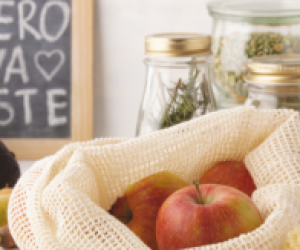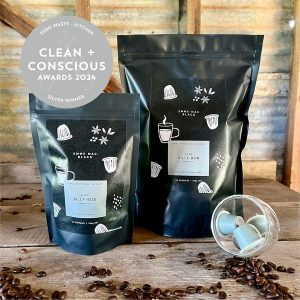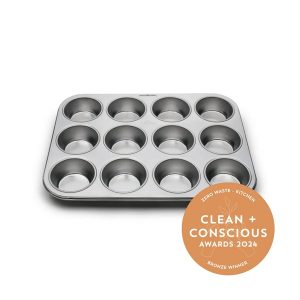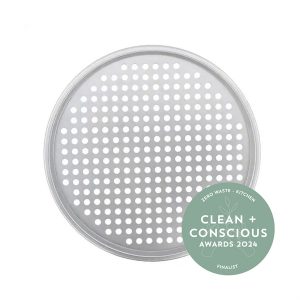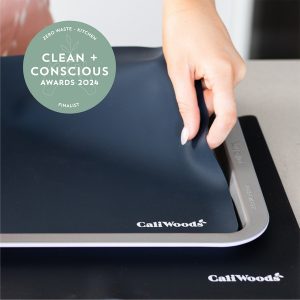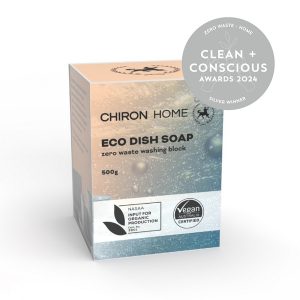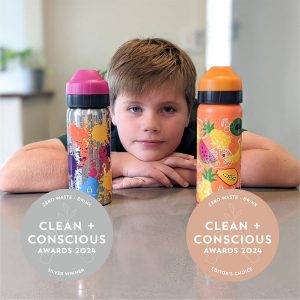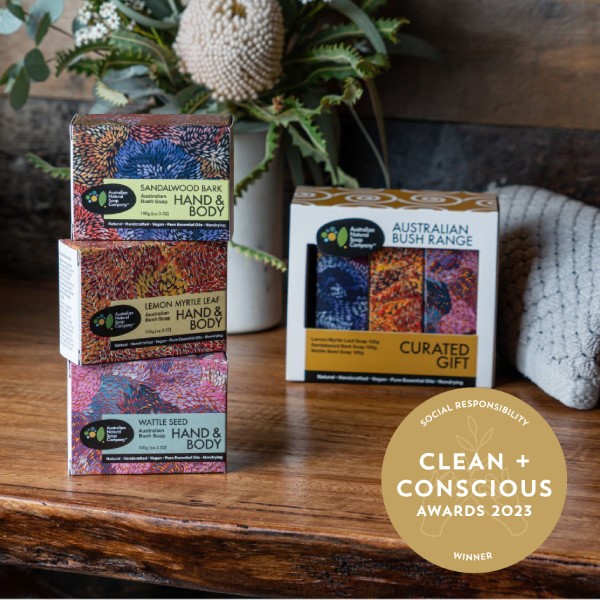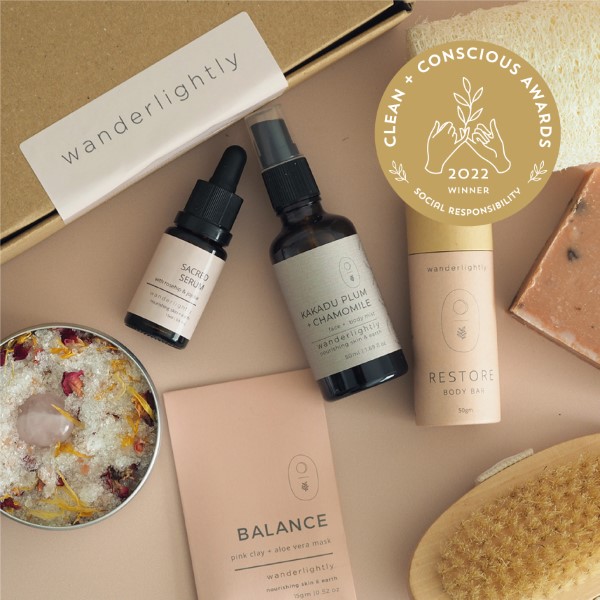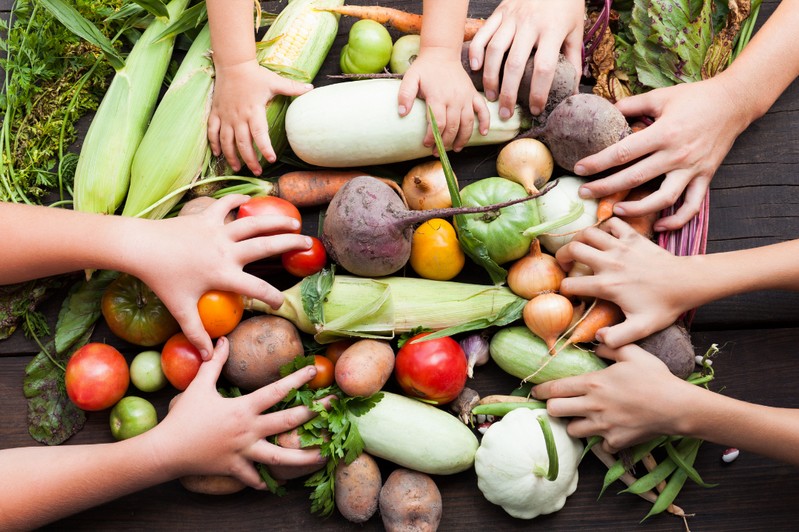Just over a century ago, fridges didn’t exist. Food was consumed quickly after entering the home or stored in a cool space, like a cellar or an outside shed. Fast forward to today, and the fridge, once thought to help reduce food waste, is now a handy-holding space for forgotten leftovers, frozen meals, limp veges, and heavily-preserved food products. It’s all out of sight, out of mind, until the day comes to finally “clean out the fridge” (bleuuurgh). What a waste!
Despite living in a world overspilling with plastic and food waste, maintaining a low or zero waste fridge is actually not as hard as it seems.
Here are six simple steps to help you get started:
1. Shop at your local farmers’ market (if one is nearby)
Head to your local farmers’ market for the freshest, local, plastic-free produce. Bring your own produce bags to fill with in-season fruit & veg and nuts, a bread bag for a loaf of bread (use a pillowcase if you don’t own one – can also be frozen if you choose to freeze your bread) and reusable containers to place meat, fish, olives, hummus and cheese in. Some stalls at farmers’ markets also invite customers to return storage items for a discount such as milk bottles, jars and egg cartons. To find a farmers’ market near you in Australia, go here.

2. Create a weekly meal plan
Food waste generally comes down to poor meal planning. Before endeavoring on your weekly shop, write a weekly meal plan – this can include breakfast, lunch, dinner, dessert and snacks, and from there, write your shopping list. If living with others, invite your partner, flatmates or family members to contribute to creating the meal plan, and plan to share cooking when possible.

3. Make double dinners
When cooking a reheatable meal such as a soup or stew, make double or even triple the amount so it can be frozen and eaten at a later date. This is a wonderful to way to ensure all perishable ingredients are utilised in just one cooking session.
4. Use reusable storage alternatives
Store leftovers in reusable stainless steel containers, glass tubs or beeswax wraps. Cover bowls and plates of leftover food with reusable lids or wraps instead of cling wrap or tin foil.
A wonderful way to keep fruit and vegetables fresher for longer is to place them into a dampened produce bag or pillowcase inside the fridge. You can also slice up carrots and other veges and store them in a jar of water to keep fresher for longer.
5. When shopping in a supermarket or general store, try to:
Head straight to the produce section. Bring reusable produce bags to place fruit, veg and nuts in, and avoid plastic-wrapped produce where possible. If you forget your produce bags, no drama – let your fruit and veg free-ball around the trolley! Purchase meat, fish, cheese, olives etc from the deli counter and bring your own reusable containers and jars to store your purchases in. If you receive a “no” from staff when requesting to do this, use it as an opportunity to start a conversation. The more we speak up, the more likely we’ll initiate change.
6. Compost perished food items
If you’re lucky enough to have access to a commercial composting facility, place all perishable food items in your green bin, ready for collection. Depending on your local council guidelines, this may include fruit, veg, grains, egg shells, meat bones and even animal fat. If this is unavailable to you or you prefer to compost yourself, set up a composting system in your home and compost fruit, vegetables and grains either via a compost bin in the garden or a worm farm.
Emma Freeman is the Content Director at Clean + Conscious and a regular Expert Panellist for the Clean + Conscious Awards.





